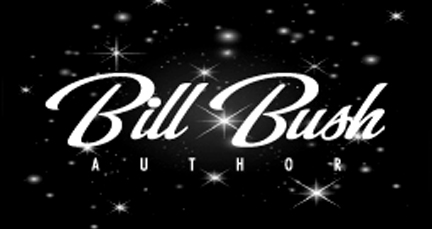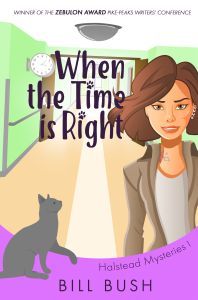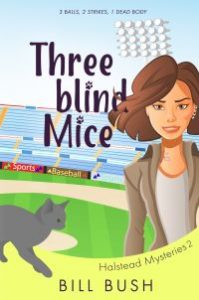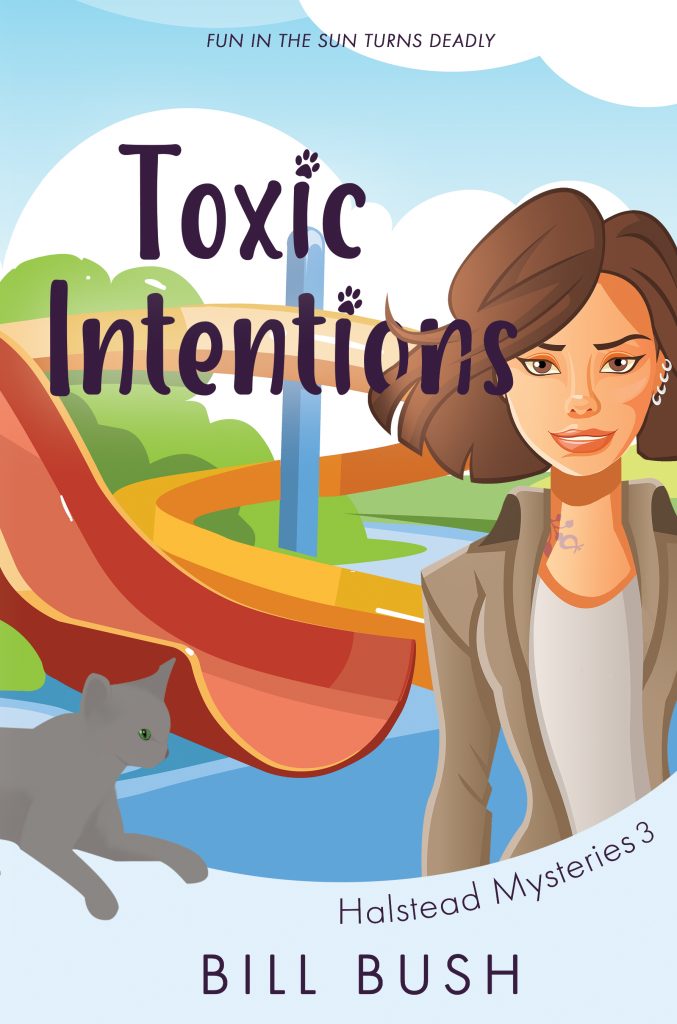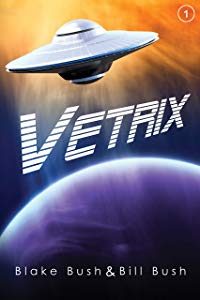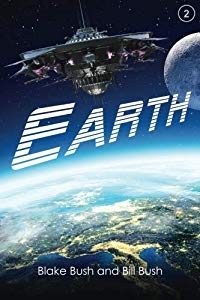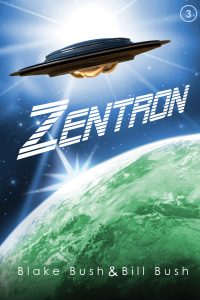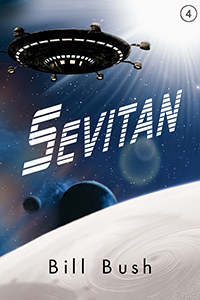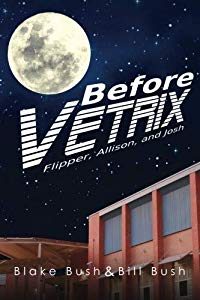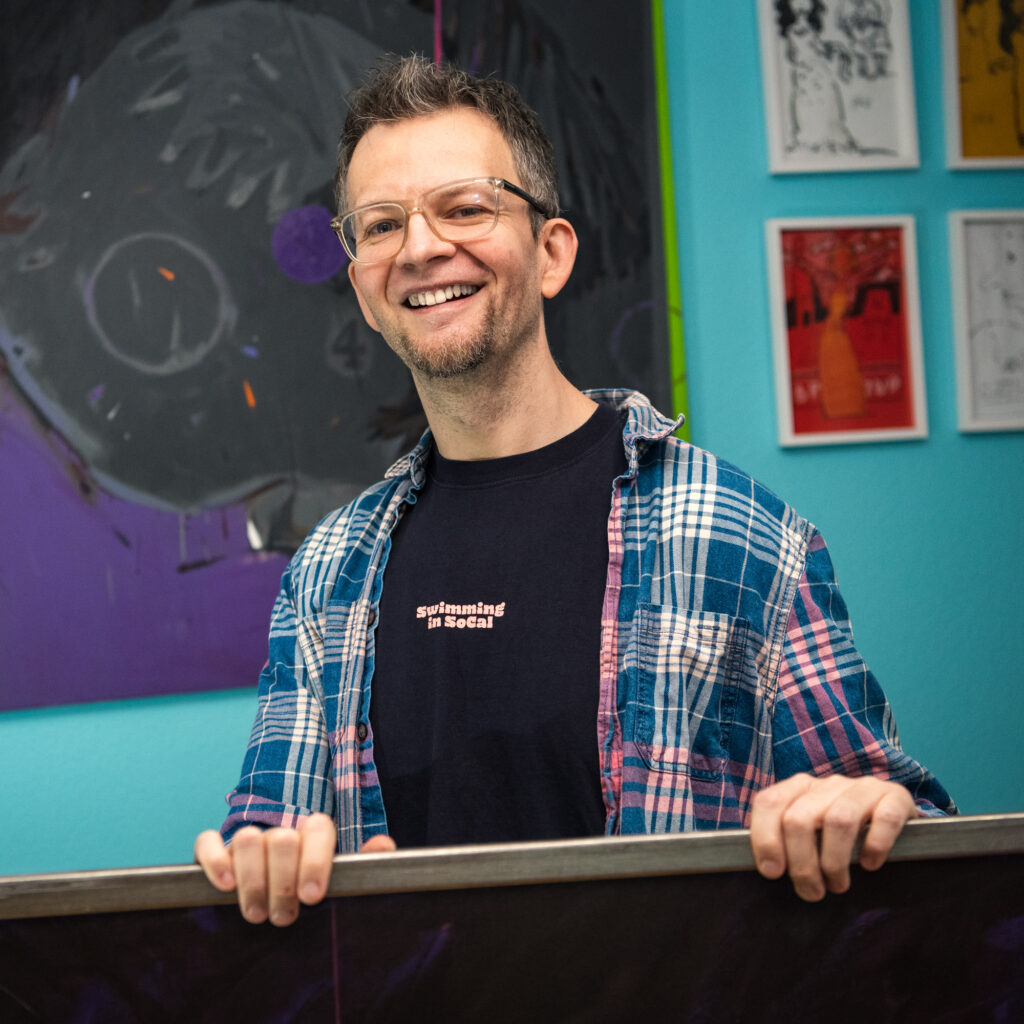
Biography
I’m an award-winning independent photojournalist and illustrator based in Zurich, Switzerland, and have published a number of photography art books. I’ve spent a big part of my life in Israel, where I taught photography and illustration at the Shenkar College of Engineering and Design and other Israeli colleges. My debut novel The Great Convergence is an absurdist-philosophical science fiction piece. It evokes many of my real-life experiences fused with unhinged fantasies.
Tell us about your debut novel, The Great Convergence.
In a nutshell, it’s a tale of revenge and a skewered mirror of humanity. 10.000.002 A.D. A cantankerous scholar slipping into obscurity is out for revenge. He time-travels to the year 2022 to stop his nemesis, Scott — a successful scientist at a competing university — from thwarting his research into the origin of a mysterious phenomenon, the Great Convergence. Cunning and ruthless, Scott will stop at nothing to defend his tenure track. The feud quickly spins out of control, and the damage to reality grows unchecked.
Caught in the crosshairs are three characters responsible for triggering the Great Convergence: an art-hating professional art critic who, unbeknownst to him, spontaneously switches between universes wreaking havoc as he goes; a talentless artist whose sculptures act as trans-universal portals; and a schizophrenic astrophysicist trying to avert the invasion of alternate versions of himself from different realities. As their paths converge, the apocalyptic event takes place, and the inescapable tragedy of human existence unfolds.
As I mentioned earlier, the Great convergence is a satirical piece posing as sci-fi. I would say it’s more of literary fiction rather than sci-fi, mainly since I use the sci-fi elements to convey a specific message. Among other things, my book tackles our perception of reality which may be an artificial construct that doesn’t even exist.
Another message concerns the general purpose of human existence: many things we hold dear have no real meaning. Many things we consider insignificant turn out to be crucial in the grand scheme of things. And the tragedy that unfolds is that we’ll never know.
All my characters are pretty obnoxious people. Their choices are either random, or they are motivated by low instincts. Even my characters’ perceived idealism is exposed as a side-effect of maniacal relentlessness for the sake of it, petty jealousy or complete lack of consideration for anything outside of narrowly-defined short-term interests.
Did your background in photojournalism and illustration influence your novel?
Yes, illustration especially. The world of the future I describe in the Great Convergence is rooted in my psychedelic style, and stems from my bizarre illustrations. And it’s a really bizarre world. At the future-university, for example, there’s a lab where the scientists grow universes to experiment on. There’s an old, baroque-like fountain spewing streams of time instead of water in the university’s courtyard. There is a site with portals connecting different universes, much like the Four Corners Monument in the US. It’s frequented by tourists taking selfies with a hand in one universe and a leg in another.
I suppose, like with my illustrations, it starts making sense, but only after a while, once you’ve taken the effort to decode it.
Why did you decide to start writing fiction?
It all started at primary school. As a six-year-old kid, I watched my teacher draw the letter ‘a’ with white chalk on the blackboard.
‘A’, she said.
‘A …’ the class echoed in one voice.
I was bewitched. From that moment on, I knew I’d dedicate my life to those ‘sound-describing’ symbols. And the rest is history …
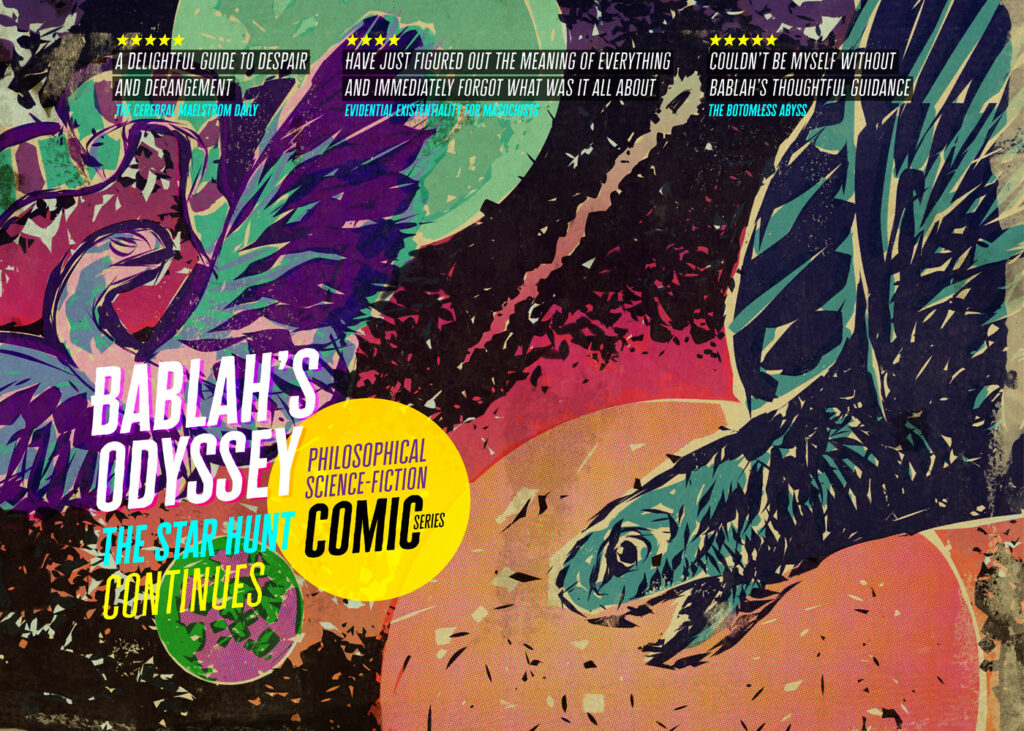
Do you have plans to write another book? Why or why not? If so, do you know what your next story will be? Have you started?
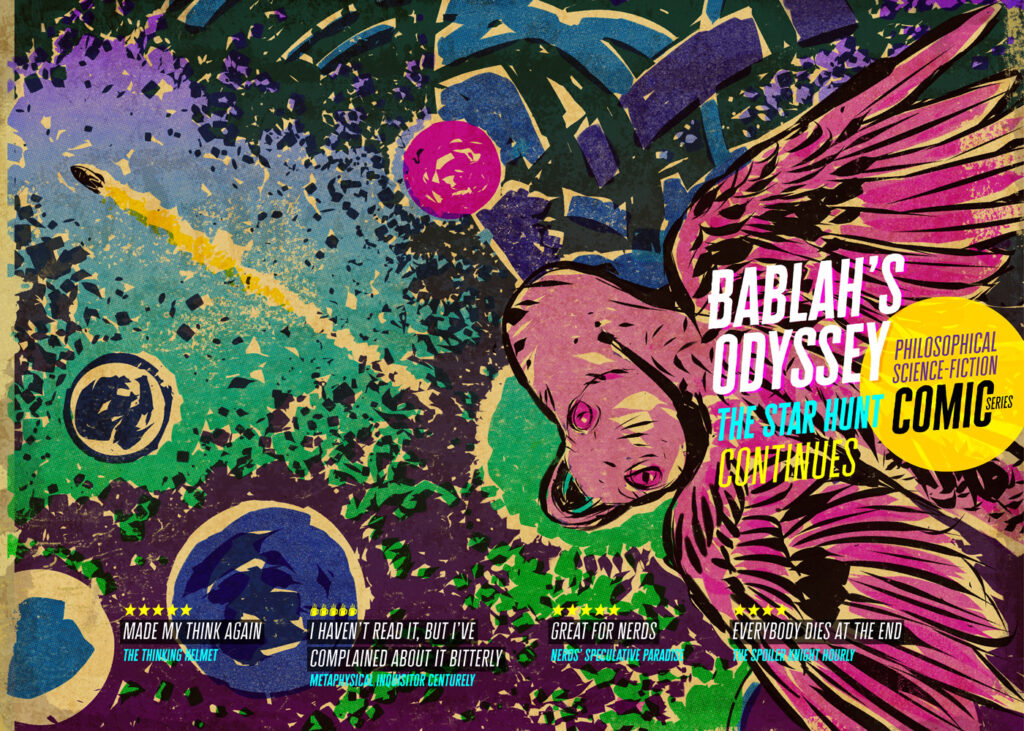
Currently, I’m working on the humorous and philosophical comic book series Bablah’s Odyssey, which is scheduled for by the end of 2022. Bablah’s Odyssey features a mad scientist, lord Bablah and his mutant creation, Pet-Thing. As they travel across the universe, lord Bablah teaches the Pet-Thing about the ’wonders’ of progress and civilisation. Witnessing many uncanny worlds, the Pet-Thing asks the right questions but gets the wrong answers. As his brainwashing continues, he becomes continuously confused about what’s right and wrong.
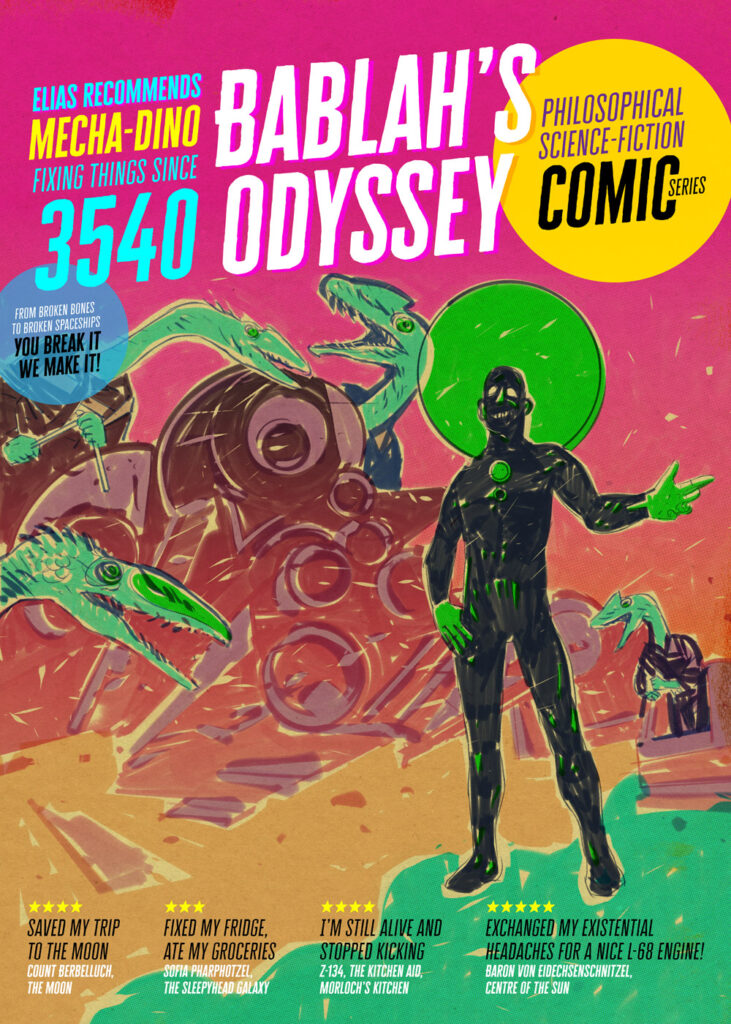
Bablah’s Odyssey aims to turn the reader’s attention to many ethical, environmental and societal problems, but with a healthy dose of humour. Along with the growing popularity of comic books, I think there’s also a strong need for content directed at a more ambitious reader.
What is the hardest part of writing for you? The most enjoyable?
The hardest part of writing is — as always — thinking. Or, more precisely, connecting many external elements integral to the writing process. The most enjoyable one? Being constantly inspired. By everything and anything. The conversations I have with people I know, with those I don’t know, and with myself in the shower. Sunsets happening too early, and sundowns happening too late. Forgotten breakfasts and overdue dinners. Blast from the past. A sudden pang of remorse. The smell of rhododendrons I walk by in the park. Voices in my head. Voices outside of my head. Sounds both sudden and uninterrupted. Surprises and lack thereof. Things I see and those I pretend not to notice.
Talk about what you learned while writing your first book? What would you do differently if you started over?
It took me about ten years to finish the Great Convergence, and so it was quite a process. I’ve learned a lot not only about the craft of writing and editing, but also about myself and the world around me. Essentially, a different kind of person started to write the novel, and an entirely different one finished it.
Do you have an interesting writing quirk?
I don’t know if it’s a quirk — it’s more of a general idea of what writing should be. For me, writing is just the last component of the long and arduous process of creating literature. So what’s writing about, as far as I’m concerned?
Procrastinating, for instance. I just love it. Procrastinating keeps my mind at rest. Thinking: you wouldn’t guess how much time I spend simply staring into the void, pondering grave philosophical matters, until I collapse from mental exhaustion. As an antidote, I then watch a lot of silly cartoons. Until I collapse from mental exhaustion again. Getting sucker-punched by my anger therapist: brings me down to Earth a little. Just a little. Spilling my guts to a random stranger, I met on a park bench at 2:00 AM. Getting my heart broken. Then mended. Then broken again. Dying inside. Feeling alive. Drinking. Staying sober. Shaking my fist in the air, overcome with anger at a random act of social injustice I’ll likely forget the next day. Worrying too much. Worrying too little. Forgetting why I’m writing in the first place, or what I’m actually trying to say. All of this and all at once.
What behind-the-scenes tidbit in your life would probably surprise your readers the most?
I’ve been diagnosed with Autism spectrum disorder (Asperger’s syndrome as it used to be known). This means that, on the one hand, the intricacies of social interaction remain a total mystery to me. On the other hand, thanks to having way-too-many brain connections, I’m uniquely predisposed to quickly examine the world around me in a very pragmatic and unemotional way and see things others can’t. I’ve been an outsider most of my life (which I don’t regret), and so are my characters.
What do you like to do when you’re not writing?
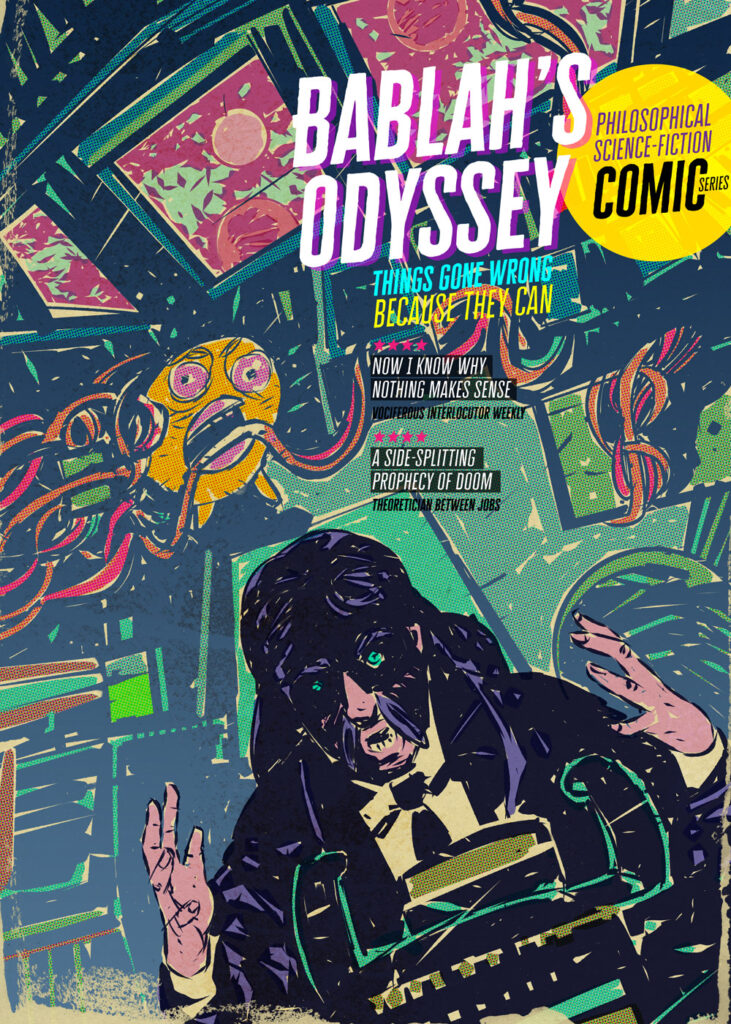
I sleep. Or try to. I illustrate, paint, plan photography projects. Get angry with myself at things I shouldn’t get angry about. Disregard things I definitely should be more attentive to. Fantasise a lot and discard any trace of realism attempting to capsize the perfect — albeit unrealistic — picture of reality surrounding me.
What does success look like for you as an author?
To be proud of and happy with your work. No more, no less.
Is there anything additional you want to share with readers?
If you’re into subversive philosophical science fiction and enjoy social satire — check out the Great Convergence. It will take you out of your comfort zone, exposing the absurdity of many ethical and intellectual ideals.
Works well for the fans of Kurt Vonnegut and Douglas Adams, or the philosophical insights of Stanislaw Lem.
And remember — each time you write a positive review on Amazon — somewhere — an innocent puppy gets saved and a large oak tree springs out of nowhere 🙂
Website: www.thomaskast.com
Website: www.thomaskast.com
Book Locations: Amazon
Excerpt
There is an old legend which originated in the Lacerta Cantus Nebula. It explains how most universes got their shape. It goes like this:
A long, long time ago, there was a school for young Gods. At the beginning of each learning season, each God would get his own universe to study and to play with, under the keen eye of the instructor. On balance, the universes were sturdy pieces of work. They could take a lot of damage, often reversible, but not always. And there was a lot of damaging going on, because not all the Gods treated their universes well.
The school programme was brief and much to the point. Gods graduated quickly and moved onto different matters with far-reaching consequences. They’d leave their universes behind, to be studied and played with, by the next generation of deities. This would go on and on, until the universes would become altogether unusable. What would happen to the battered, pass-me-down universe nobody wanted anymore? The legend doesn’t say.
